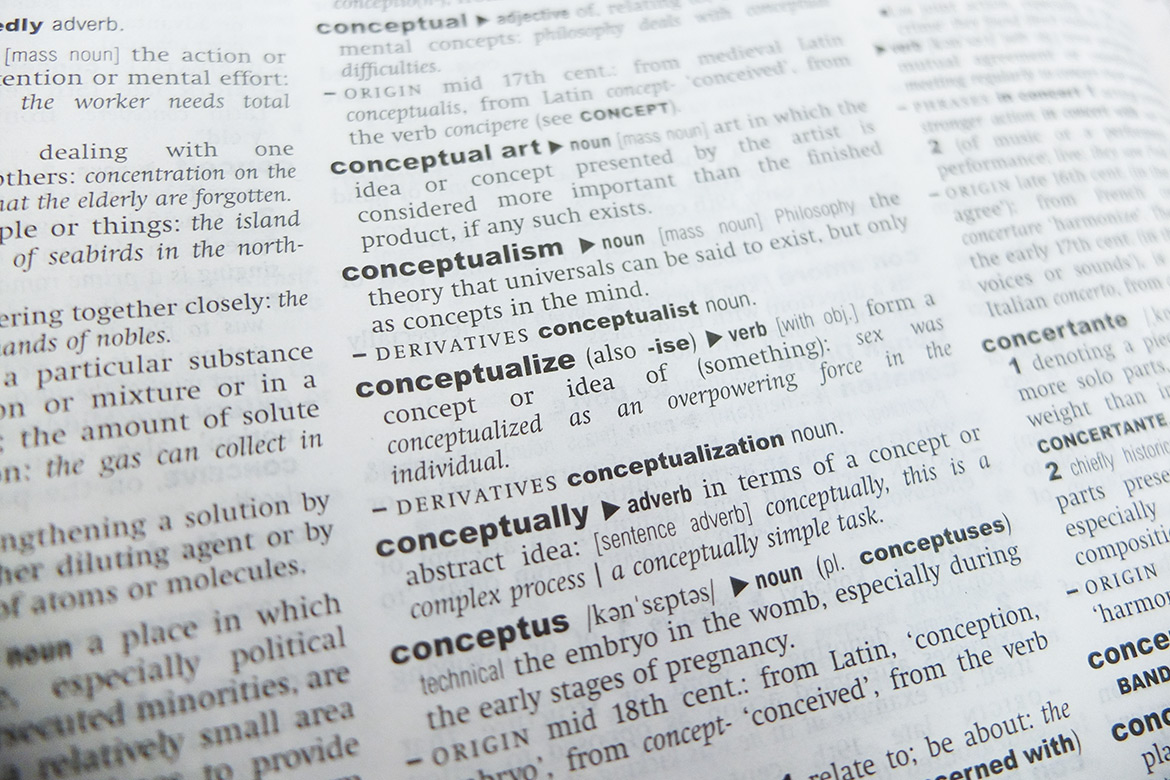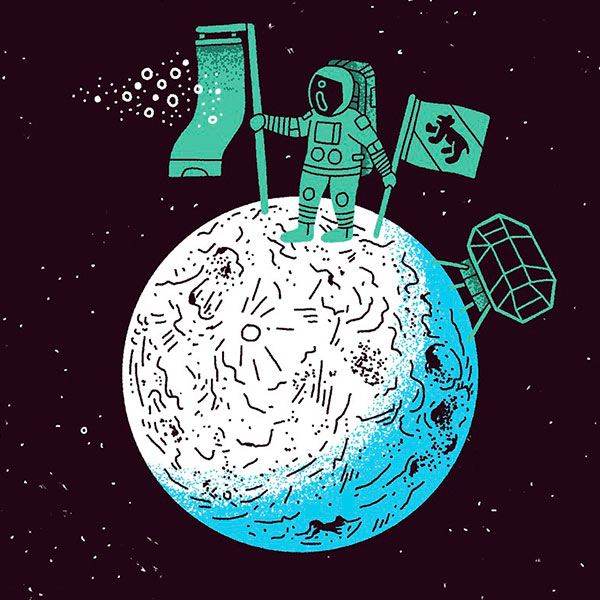Feature: Getting creative against climate change
Ideologies ignore the facts
Whether or not people are concerned about climate change usually depends on whether their political beliefs are on the left or the right. And yet there are values they all could share.

Ulf Hahnel is an environmental psychologist who’s investigating the connection between political affiliation and political beliefs. Photo: zVgg
In the USA, just looking at people’s party-political affiliation can give you a good idea as to whether or not they believe in the manmade climate crisis. According to a Gallup survey from 2016, 75 percent of Democrats believed that the effects of global warming were already visible, while this number sank to 41 percent among Republicans. This is even though 97 percent of acknowledged scientific experts are convinced that there is indeed a manmade climate crisis, and that it is going to have catastrophic effects on humankind. Ulf Hahnel, an environmental psychologist at the University of Geneva, wanted to know more about how the climate scepticism of party elites is transferred to the electorate, and what psychological mechanisms are at play here. He and his research team investigated a sample of 176 Democratic and 157 Republican voters who had taken part in a survey one month before the US presidential election of 8 November 2016, and two weeks after it.
Their analysis shows that voters from both parties felt more positive emotions towards the Republican Party after the election of Donald Trump, a Republican. And at the same time, their acceptance of the facts of climate change had dwindled. The emotions they felt towards a specific political party had helped to change their opinion. “Our results confirm earlier studies that showed how political affiliation and identity are still more important than education, income, gender or age when it comes to climate change”, says Hahnel. In the USA, Brazil and Canada, this effect is especially prominent, but we can also observe it in Switzerland. During the referendum for the new Energy Law of 2017, Hahnel conducted a study that showed how people’s acceptance of the nuclear phaseout, and their support for renewable energies, was primarily dependent on their political ideology.
Successful discreditation
Hahnel also explains how political ideologies help determine opinion-forming processes: “We feel a constant urge to reduce complexity. That’s why we like to adopt ideas from our own group – including political parties. It takes the burden off us”. This is especially the case with complex issues like climate change, which is not yet relevant enough in people’s everyday lives for them to engage with the facts on any deeper level. “Studies have also shown that there has been a highly successful, targeted discreditation of scientists with regard to climate change”. After all, we are also all subject to confirmation bias, which means we consult news outlets and opinions that mirror our own beliefs, offering us the confirmation we seek. When political role models express doubts about facts, it seems to have a stronger impact than the facts themselves.
But Hahnel also sees opportunities to counter this increasing polarisation, and to address the different political camps together in a more successful way. Communication about climate change is aimed more at the values of liberal citizens, less at those of their conservative peers. “By employing more balanced forms of communication, incorporating conservative values like authority, loyalty and maintaining the purity of Nature, both political groupings might be brought to act against climate change”. What’s more, it matters who is actually the bearer of such messages. Neutral communicators, such as scientists, enjoy a greater degree of acceptance on both sides, says Hanhel. “We can see this not least in the public debate about the COVID-19 crisis, in which researchers are listened to by both camps”.




